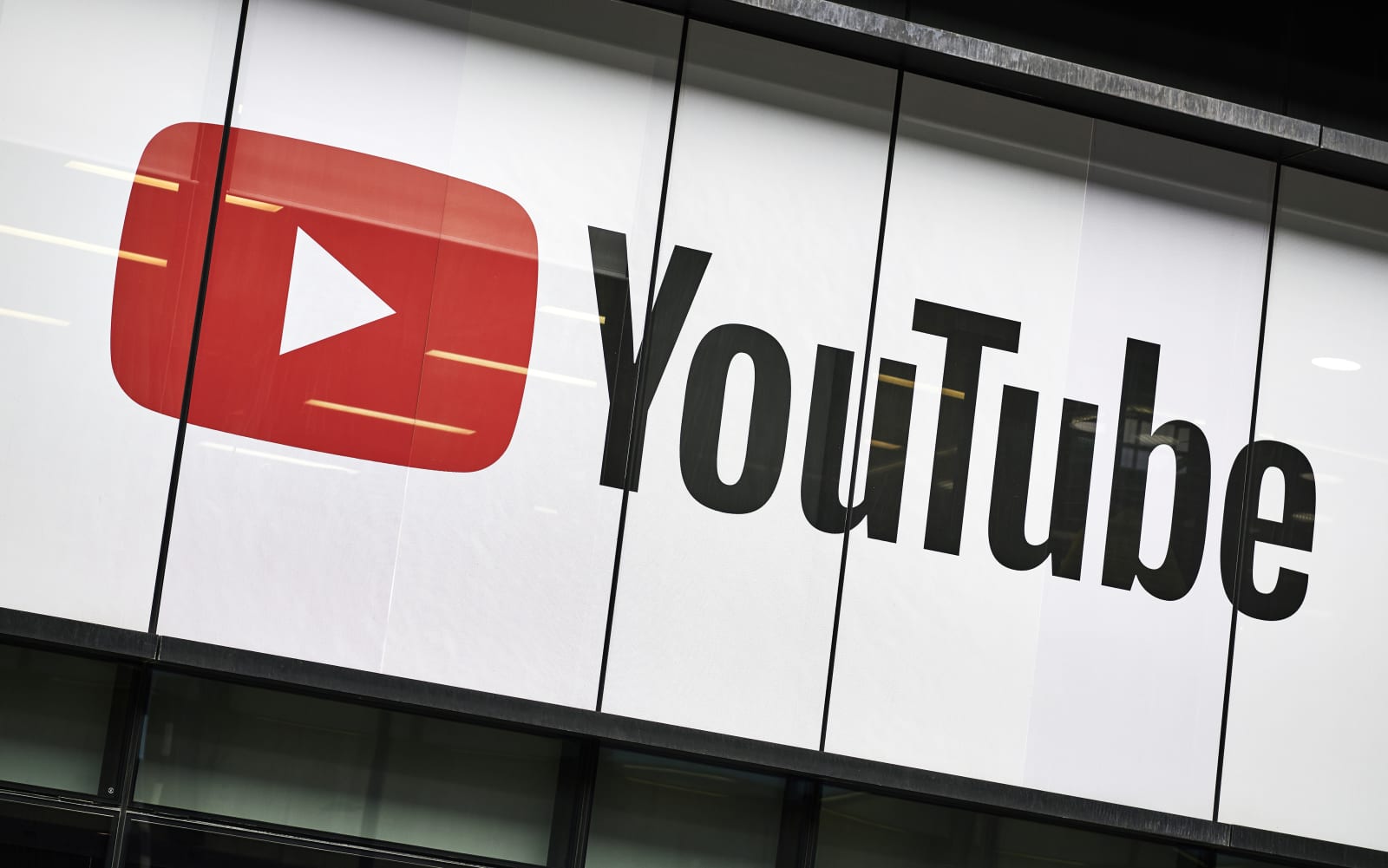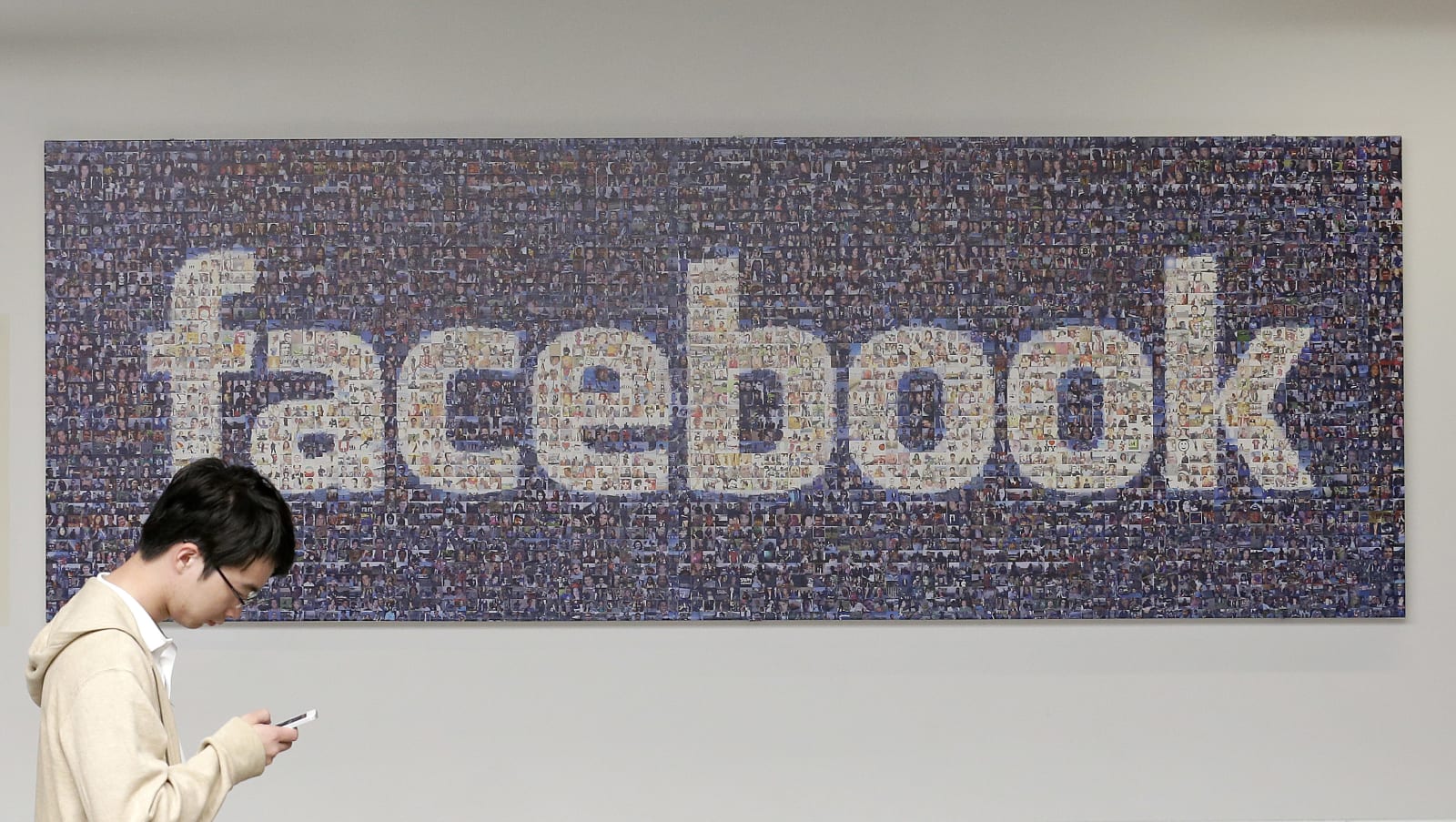
It's a match made in marketing heaven: users let their guards down within the internet's virtual walls and ads are served up to complement their fickle mental states. At least, that's one possible version of your hyper-targeted digital future, if a patent application, filed by Microsoft back in December of 2010, is any indication. The USPTO documents outline a system wherein users' online activity would be monitored and associated with a corresponding tone, their reactions recorded and an overall emotional state affixed to that behavior. This information, once properly indexed, would then be fed into a large database containing user-identifiable emotional profiles used to deliver mood-specific ads. Clearly, this proposed endeavor all but screams privacy concerns and begs the inclusion of a giant, blinking opt-out clause. Color us paranoid, but we'd rather not see the day when our PCs know we're having a particularly gloomy Sunday.
Microsoft patent application could match online moods with emotionally-targeted ads originally appeared on Engadget on Wed, 13 Jun 2012 02:13:00 EDT. Please see our terms for use of feeds.
Permalink  New Scientist, BGR
New Scientist, BGR |
 USPTO
USPTO |
Email this |
Comments
 Google will allegedly pay between $150 and $200 million to end the FTC investigation into whether YouTube violated a children's privacy law, Politico reported this afternoon. The FTC reportedly voted along party lines (3-2) to approve the settlement,...
Google will allegedly pay between $150 and $200 million to end the FTC investigation into whether YouTube violated a children's privacy law, Politico reported this afternoon. The FTC reportedly voted along party lines (3-2) to approve the settlement,...
 Google will allegedly pay between $150 and $200 million to end the FTC investigation into whether YouTube violated a children's privacy law, Politico reported this afternoon. The FTC reportedly voted along party lines (3-2) to approve the settlement,...
Google will allegedly pay between $150 and $200 million to end the FTC investigation into whether YouTube violated a children's privacy law, Politico reported this afternoon. The FTC reportedly voted along party lines (3-2) to approve the settlement,...
 Facebook is updating its terms and conditions after agreeing several changes with the EU. It will have to clearly explain to users they can access the social network for free because it uses targeted ads that rely on user data. Facebook will also hav...
Facebook is updating its terms and conditions after agreeing several changes with the EU. It will have to clearly explain to users they can access the social network for free because it uses targeted ads that rely on user data. Facebook will also hav...
 If you're one of the few mobile gamers who actually spend money on in-app purchases, you might begin to see fewer ads. While developers make most of their money with advertising, in some cases, ads hurt in-app purchases by disrupting the gameplay of...
If you're one of the few mobile gamers who actually spend money on in-app purchases, you might begin to see fewer ads. While developers make most of their money with advertising, in some cases, ads hurt in-app purchases by disrupting the gameplay of...
 By now, we're all used to targeted ads on social media. And whether you're comfortable with having your interests shared with advertisers or not, it looks like "addressable advertising" is coming to your smart TV too, sooner rather than later. Severa...
By now, we're all used to targeted ads on social media. And whether you're comfortable with having your interests shared with advertisers or not, it looks like "addressable advertising" is coming to your smart TV too, sooner rather than later. Severa...
 Some politicians don't believe the Children's Online Privacy Protection Act does enough to protect kids in the modern era, and they're hoping to update it accordingly. Senators Ed Markey and Josh Hawley have introduced a bill that would amend COPPA w...
Some politicians don't believe the Children's Online Privacy Protection Act does enough to protect kids in the modern era, and they're hoping to update it accordingly. Senators Ed Markey and Josh Hawley have introduced a bill that would amend COPPA w...
 As technology improves within our world, things that we see in films are becoming reality as UK retailer Tesco are …
As technology improves within our world, things that we see in films are becoming reality as UK retailer Tesco are …

